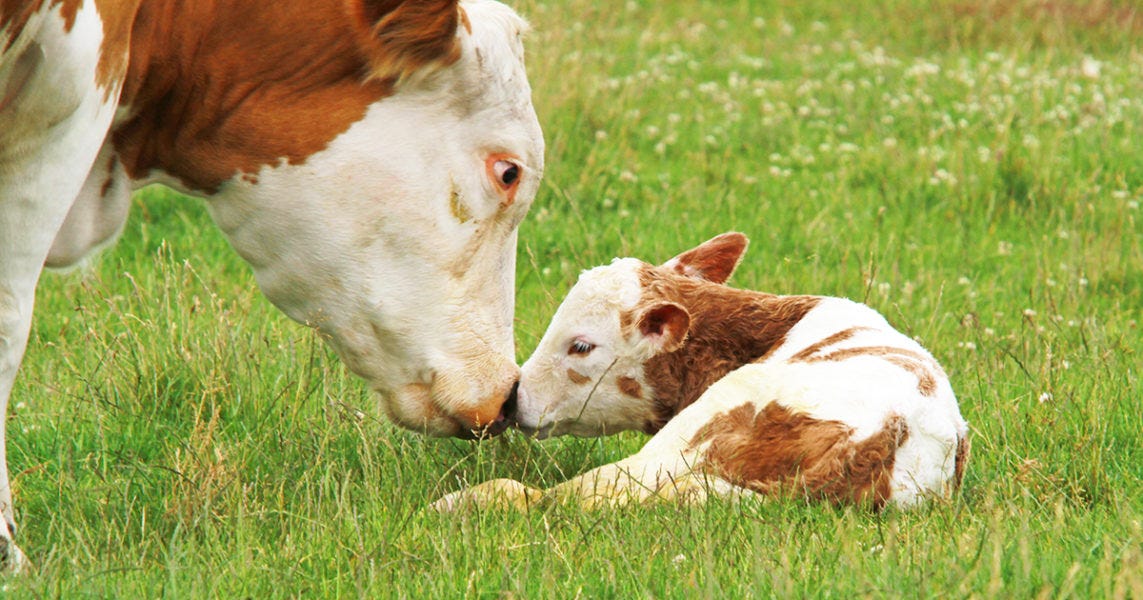Fact: We're Still Eating Meat
The plant-based craze overshadows the fact 95% of people still eat meat
As the plant forward movement gets more media attention, there’s growing excitement in the food space around new companies and new products being launched that focus on meat alternatives or on a vegan lifestyle. While Change Food applauds a move toward less meat consumption, a recent Gallup poll reported that vegetarians remain at 5% of the U.S. population, unchanged from 2012. Vegans have increased from 2% to 3%.
So the fact remains that the vast majority of Americans continue to eat meat, at about one and a half times the amount of meat that they should. And, more importantly, the vast majority of that meat is still coming from factory farms.
We mustn’t lose sight of the reality of our food system – that factory farms are growing in size and that on average meat eaters are still consuming way too much factory farmed and processed meat (hot dogs, lunch meats, etc). We must continue to focus efforts on educating meat eaters about the right kind of meat to eat – from animals raised in a regenerative way. It’s unrealistic to think the country is suddenly going to turn vegan.
Johns Hopkins Center for a Livable Future recently released “Health & Environmental Implications of U.S. Meat Consumption & Production,“ a white paper outlining the problems we still face with meat and meat consumption. Their findings are not new to food advocates who’ve been working on factory farm issues for the past two decades, but the paper is important to the new generation of food advocates and the food tech community.
In short, the paper states:
Americans eat too much meat – red meat is still the most consumed type of protein
For those who choose to eat meat, the vast majority are eating the unhealthiest type of meat, the kind raised on factory farms
We are not eating enough plant-based foods
Excess meat consumption, especially too much red and processed meat, is linked to heart disease, stroke, type 2 diabetes, obesity, certain cancers and earlier death
Whatever an animal eats you eat also. And on factory farms, animal feed can contain antibiotics, arsenic, the carcasses of other animals, and other unsavory and unhealthy byproducts. According to the Organic Consumers Association, feed may also contain hair, blood, hooves, skin, feathers, manure, plastics, drugs and chemicals. Pasture raised animals on regenerative farms are never fed ingredients like this.
Feeding antibiotics routinely to animals like on factory farms leads to antibiotic-resistant bacteria. That means the antibiotics you take might stop working.
It’s time we started working with reality – the reality that the vast majority of Americans are still eating meat. What we don’t know is if or how much meat consumption is being reduced in households across the country.
Change Food is confident the trend toward meat consumption is declining (though that’s our opinion) and calls for a concerted effort to promote eating less meat while also promoting sustainable, regenerative, pasture raised meat and meat products for those who decide to consume animal products.
You are what you eat – and you are what you eat eats. Eat smart. Eat healthy. Eat clean.
Thank you for reading the Whole Health Journal, a space dedicated to spirituality, wellness and healthy food. A peek into my latest book coming soon. Free and paid. By Diane Hatz. If you like what you read, please subscribe.
This article also appeared on the Whole Healthy Group blog.







